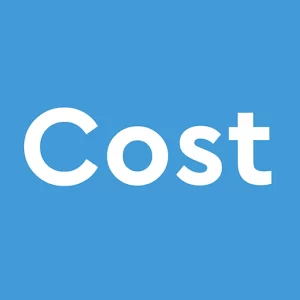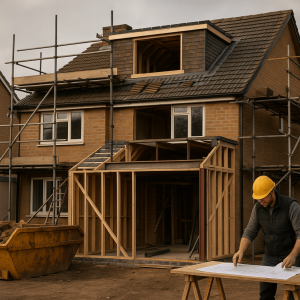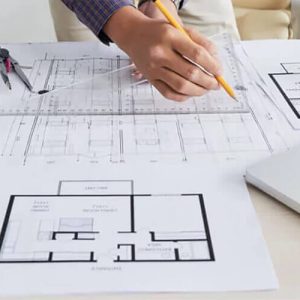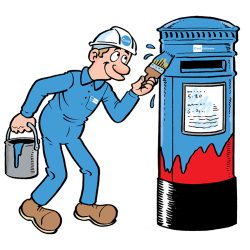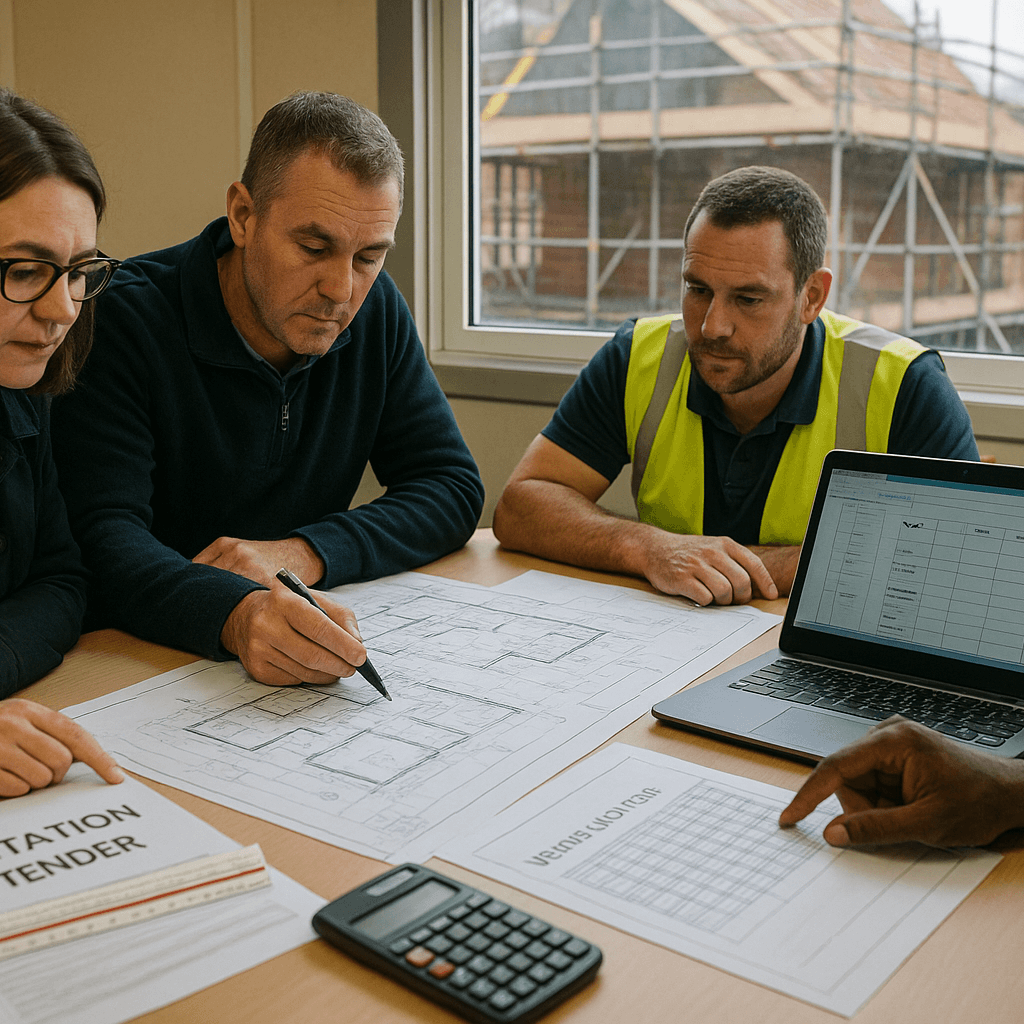Effective team management is the backbone of a successful construction business. Whether you’re running a small team or managing multiple crews, your leadership directly affects project timelines, profitability, and client satisfaction. This guide walks you through proven strategies to manage your construction teams for maximum productivity.
This post is part of our Running a Successful Construction Business series. For the full setup guide, read our How to Run a Successful Construction Business in the UK.
Table of Contents
- Define Clear Roles and Responsibilities
- Establish Effective Communication Channels
- Invest in Training and Development
- Implement Technology for Efficiency
- Set Measurable Goals and KPIs
- Foster a Positive Team Culture
- Recognise and Reward Performance
- Manage Conflict Proactively
- Ensure Health and Safety Compliance
- Encourage Continuous Improvement
Define Clear Roles and Responsibilities
Every team member should know exactly what is expected of them. From site operatives to project managers, clearly defining roles avoids duplication of effort and ensures accountability. Create simple organisational charts and provide written job descriptions to remove any ambiguity.
Establish Effective Communication Channels
Use daily briefings, WhatsApp groups, or job management apps like Powered Now to keep your teams updated. Open communication reduces errors, prevents delays, and builds trust across your workforce.
Invest in Training and Development
Keep your team’s skills sharp with ongoing training in health & safety, new materials, and modern construction methods. This not only boosts productivity but also improves job satisfaction and staff retention.
Implement Technology for Efficiency
Use construction management software to coordinate schedules, manage costs, and improve communication. Digital tools reduce paperwork and give real-time visibility of your projects.
Set Measurable Goals and KPIs
Use Key Performance Indicators (KPIs) like job completion rates, safety records, and profit margins to measure your team’s performance. Regular reviews keep your team focused on improvement.
Foster a Positive Team Culture
Respect, teamwork, and mutual support are essential. Promote these values through team-building activities, regular catch-ups, and an open-door policy for feedback and concerns.
Recognise and Reward Performance
Celebrate success, whether it’s hitting a project milestone or delivering outstanding customer service. Simple rewards like public recognition, small bonuses, or employee-of-the-month schemes go a long way.
Manage Conflict Proactively
Address issues early and fairly. Create a clear process for raising and resolving disputes to maintain team harmony and avoid disruptions on site.
Ensure Health and Safety Compliance
Safety must come first. Provide PPE, run regular toolbox talks, and make sure all staff understand risk assessments and site safety procedures. A safe site is a productive site.
Encourage Continuous Improvement
Hold regular debriefs after each job to review what went well and what could be improved. Empower your team to suggest new ideas and better ways of working.
Conclusion
Strong team management is the key to running a productive and profitable construction business. Apply these practical steps to improve teamwork, reduce waste, and deliver better results for your clients.
For more expert guidance, visit our Complete Guide to Running a Successful Construction Business.
FAQs
What makes a construction team productive?
Clear roles, open communication, ongoing training, and strong leadership are the foundations of a productive construction team.
How can I improve team communication on site?
Use daily briefings, instant messaging apps, and construction management software to keep your team informed and aligned.
What is the best way to reward high-performing construction workers?
Public recognition, small bonuses, and employee-of-the-month programmes are great ways to motivate and retain top talent.
How do I resolve conflicts within my construction team?
Address issues quickly and fairly, using a clear process that allows all parties to voice their concerns and work toward resolution.
What technology can help manage construction teams?
Project management tools like Powered Now streamline scheduling, communication, and cost management.
Why is ongoing training important in construction?
It keeps your team up-to-date with the latest regulations, techniques, and materials, boosting both productivity and safety.
How do I make sure my team follows health and safety rules?
Provide regular training, ensure access to PPE, run toolbox talks, and conduct regular safety audits on site.
How do I set performance goals for my construction team?
Use measurable KPIs like job completion rates, safety records, and customer satisfaction scores to track and improve performance.

